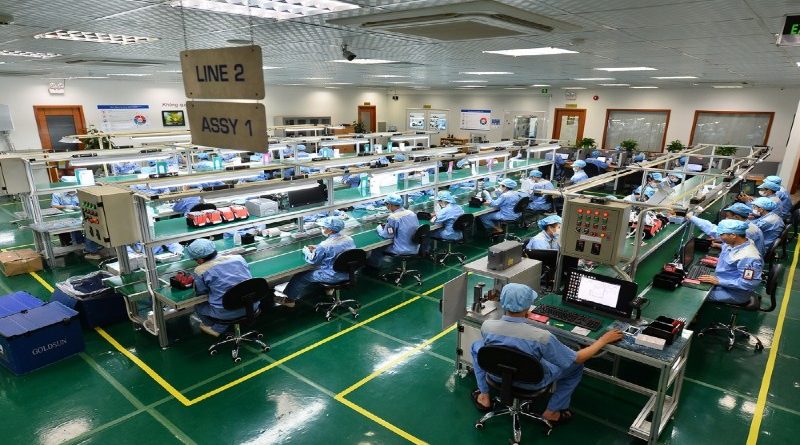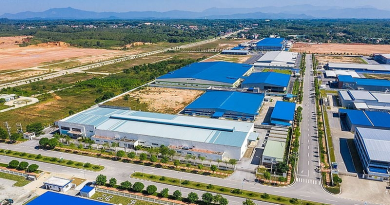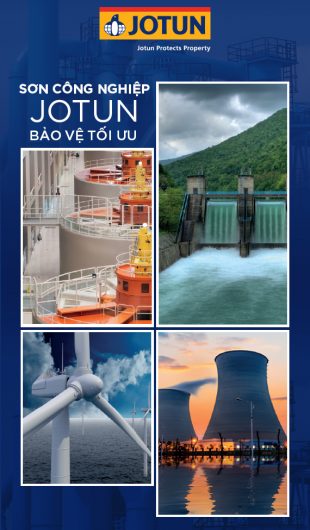Vietnam energy sector a magnet for foreign investors
The outbreak and resurgence of Covid-19 in many countries has affected the import of raw materials for industrial production, and Vietnam’s processing and manufacturing industries are no exception.
Concern over lack of orders
According to the Ministry of Industry and Trade (MoIT), in the first seven months of 2020, the index of industrial production (IIP) of the manufacturing and processing industries rose by 4.2 percent, compared to 10.7 percent in the same period last year. At present, the post-Covid-19 recovery trend is still unclear, and many difficulties persist in terms of export markets.
Processing and manufacturing enterprises share the same view that the pandemic has disrupted the supply chains of the world’s manufacturing industry. A survey conducted by the Vietnam Association of Supporting Industries (VASI) in the second quarter of 2020 reflected concern by many Vietnamese enterprises over a lack of orders and the negative impact of the Covid-19 pandemic.
Vo Trung Chinh, Deputy Director of Truong Hai Auto Corporation (THACO), said that it is impossible to enumerate all the damage to Vietnamese enterprises. However, forging connections with manufacturing enterprises right now will increase their chances of recovering business after the pandemic. “Currently, THACO’s supporting industry factories in addition to supplying our production factories also have to buy many other kinds of accessories from outside our ecosystem,” Chinh said.
VASI Vice Chair Truong Thi Chi Binh said the association has been accompanying and supporting Vietnamese processing and manufacturing enterprises throughout the epidemic to help them remain involved in the global supply chain. Many events have been held to link businesses in the industry to help enterprises searching for supply sources in Vietnam.
Improving connection capacity for processing and manufacturing enterprises is a top concern. Nguyen Thi Thu Hoa, Chief Executive Officer of Technokom, said the competition to become a supplier of accessories for large corporations manufacturing motorcycles is fierce. That forces each company to improve product quality, reduce prices, improve designs and supply bulk orders. “Only when we meet the above requirements can we surpass our competitors to get orders. This is also a prerequisite to participate in the global value chain,” Hoa expressed.
Vo Trung Chinh was also frank in saying that many Vietnamese enterprises lack the ability to meet technical standards and delivery timetables, and their prices are not sufficiently competitive. “In addition to improving quality, businesses also need to cut production costs, lower product prices, and compete with other companies, as well as with components and spare parts imported from the Republic of Korea, Japan, China and Thailand,” Chinh said.
In order to remove difficulties for production and business, reduce inventory pressure on manufacturing industries, and boost economic growth in the last five months of this year, the MoIT will boost exports, improve efficiency of trade promotion activities, diversify import-export markets and seek new markets. Simultaneously, it will exploit opportunities provided by its free trade agreements (FTAs). On that basis, the ministry will also study and get information on new trends of production, consumption, trade and investment shifts due to the impacts of the Covid-19 pandemic in importing countries as well as among competitors, and propose solutions to effectively exploit the import, export markets.
Source:ven.vn









